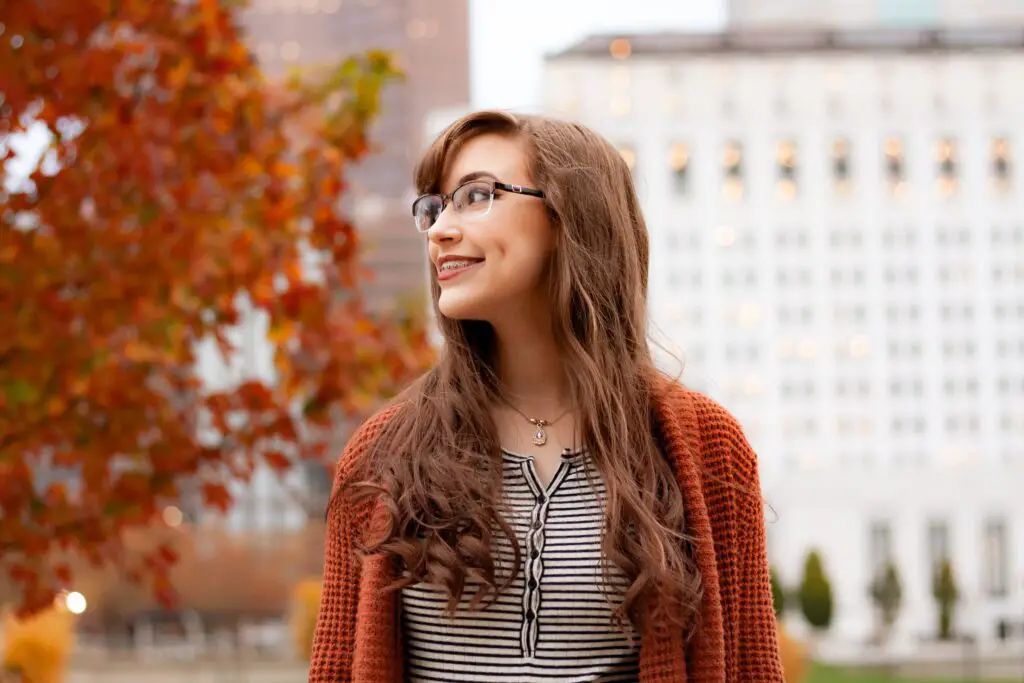In the labyrinth of self-perception and societal standards, the question of one’s attractiveness often becomes a mirror reflecting the complex interplay between confidence, societal expectations, and the inherent uniqueness of individual beauty. At the heart of this exploration lies a question as old as time itself: Are you more attractive than you think?

The direct answer to this question is, more often than not, a resounding yes. The majority of individuals tend to underestimate their attractiveness due to a variety of factors, including psychological biases, societal pressures, and the harshness with which we judge our own reflection. The lens through which we view ourselves is frequently clouded by insecurities and a focus on perceived flaws, overshadowing the beauty that others see in us.
This article delves into the myriad reasons behind this phenomenon, aiming to shed light on why we might be more attractive than we believe and how acknowledging this truth can lead to a more fulfilling and confident existence.
The Mirror of the Mind
Our self-perception is often at odds with reality, a disparity rooted in the cognitive biases that color our understanding of ourselves. The mirror, both literal and figurative, reflects back not just our physical appearance but a complex amalgam of our fears, insecurities, and the internalized critical voices that whisper of inadequacy. This section explores the psychological underpinnings of why we often fail to see the beauty that is evident to others.
The Eyes of the Beholder
Attractiveness is inherently subjective, a tapestry woven from the threads of cultural, societal, and personal preferences. What one person may find captivating, another might overlook. This diversity in taste underscores the reality that beauty cannot be confined to a single standard or ideal. Here, we consider the myriad ways in which beauty manifests and the importance of recognizing the subjective nature of attractiveness.
The Role of Social Media
In the digital age, social media platforms have emerged as significant players in shaping our perceptions of beauty and self-worth. The curated images and lifestyles presented often set unrealistic standards, distorting our view of what is normal and attainable. This section examines the impact of social media on our self-image and the importance of navigating these spaces with a critical eye and a grounded sense of self.
The Power of Confidence
Confidence is often cited as one of the most attractive traits an individual can possess. It transcends physical appearance, casting a glow that draws people in. Understanding the transformative power of confidence can be a key step in recognizing one’s own attractiveness. This part of the article delves into the ways in which confidence influences perception and how nurturing self-assurance can change the way we see ourselves and how others see us.
The Beauty of Imperfection
Society’s obsession with perfection often overlooks the beauty inherent in imperfection. The scars, quirks, and idiosyncrasies that we possess are not just markers of our experiences but are also sources of unique beauty. Embracing these aspects of ourselves can be a profound step toward seeing the attractiveness that lies in being authentically us. This section celebrates the imperfect, the flawed, and the real aspects of human beauty.
Cultivating a Kinder Mirror
Transforming how we see ourselves involves cultivating a kinder, more compassionate relationship with the person we see in the mirror. It means challenging the critical inner voice, celebrating our strengths, and embracing a more holistic view of beauty that includes our character, our kindness, and our humanity. Here, we explore practical steps and mindset shifts that can help in fostering a more positive self-image.
The Reflection We Share
The journey toward recognizing our own beauty is not just a personal endeavor but also a collective one. It involves creating spaces where diversity is celebrated, where voices that challenge conventional standards of beauty are amplified, and where every individual has the opportunity to see and be seen in their full humanity. This section reflects on the role of community and connection in shaping our perceptions of attractiveness and self-worth.
In navigating the complex terrain of attractiveness and self-perception, it’s essential to remember that beauty is not just skin deep. It’s woven into the fabric of our being, shining through in moments of kindness, in the passion with which we pursue our interests, and in the authenticity of our interactions. Recognizing that we might indeed be more attractive than we think is not just an exercise in vanity but a step toward embracing our inherent worth and moving through the world with a sense of confidence and self-assurance.
